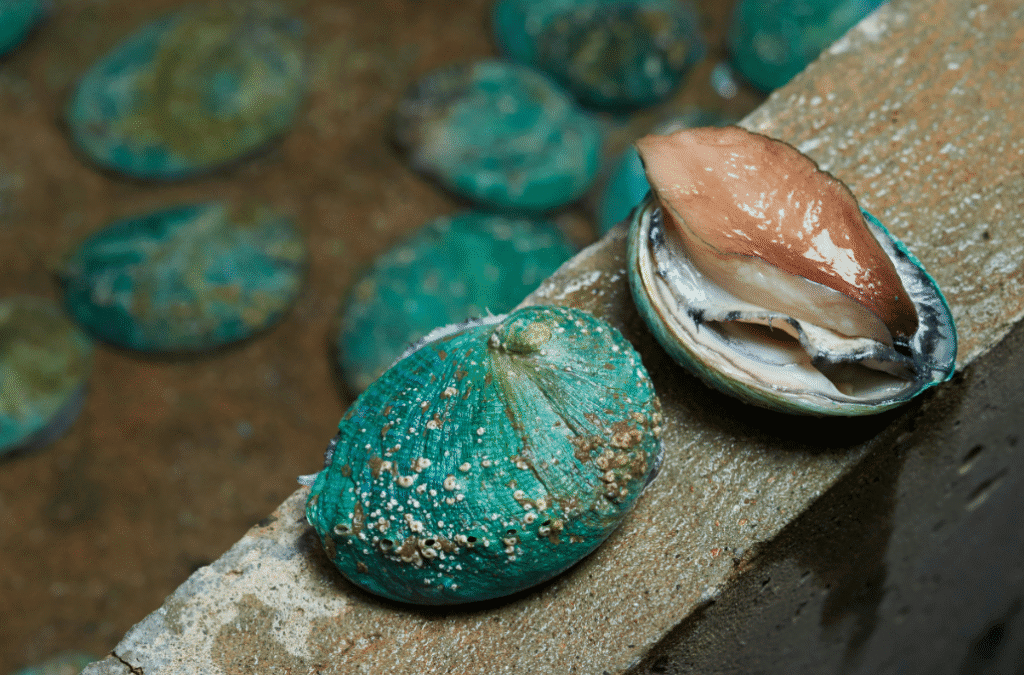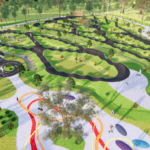What’s happening?
Brisbane-based Mater Research scientists have uncovered a surprising new ally in the fight against Inflammatory Bowel Disease (IBD): abalone. Using extracts from this marine mollusk, researchers treated preclinical models of ulcerative colitis and Crohn’s disease with promising results.
Associate Professor Jake Begun, based at the Translational Research Institute (TRI) in Brisbane, led the study. “We’ve seen that it’s about 50% effective in controlling inflammation in our preclinical models,” A/Prof Begun explained.
“This result is comparable to current drug treatments, which is surprising and encouraging.”
Why it matters
Inflammatory Bowel Disease affects quality of life and often requires long-term medication with difficult side effects. This research may lead to a natural treatment option that is both effective and gentle on the body.
“It’s very exciting and very promising—something I had not imagined,” said Dr Rabina Giri, who led the laboratory work. Importantly, the compounds were found in both the abalone meat and viscera—parts usually discarded.
“Ultimately, we’d like to use the parts of the animal that are currently discarded and repurpose that for medicinal use,” said A/Prof Begun.
The team is now working with The University of Queensland Institute of Molecular Bioscience to isolate the specific active compounds. This project is also funded by the Marine Bioproducts Cooperative Research Centre, supporting innovation from the ocean.
Local Impact
Redlands residents may soon benefit from this breakthrough being developed just next door. TRI, located in Brisbane, supports clinical research and trials that could eventually serve local patients.
Paul McLachlan, a Queensland patient of A/Prof Begun, hopes for a natural alternative. “Anything natural that doesn’t harm the rest of the body, doesn’t have side effects, and can help reduce flare-ups will be an absolutely fantastic outcome,” he said.
Paul described IBD as an invisible burden. “It drastically affects everything you do—from your work to your relationships and lifestyle. Whilst it’s out of control, you simply don’t know what’s going to happen.”
By the Numbers
-
Over 100,000 Australians live with Inflammatory Bowel Disease.
-
50% reduction in inflammation was seen in preclinical trials using abalone extracts.
-
Tens of millions worldwide could benefit if the treatment progresses to human use, according to researchers.
Zoom In
The research team examined different parts of the abalone. They found anti-inflammatory activity in both the edible meat and the internal organs.
By isolating the molecules responsible, the team aims to develop a safe, natural IBD therapy. Importantly, the use of discarded abalone parts adds sustainability to the approach.
TRI, where this research is taking place, is a collaboration between Queensland Health, The University of Queensland, QUT, and Mater Research. It also hosts the Translational Science Hub, part of a global mRNA vaccine partnership.
In 2026, TRI will open Australia’s first scale-up biomedical manufacturing facility. This will allow biotech startups to develop and test medical products locally.
Zoom Out
Globally, IBD is on the rise, especially in developed countries like Australia. The need for new, sustainable treatments is urgent.
Marine bioproducts, like those from abalone, offer exciting new medical possibilities.
This research also highlights Queensland’s leadership in science, innovation, and sustainable health solutions.
What to look for next?
Researchers aim to isolate the key anti-inflammatory compounds from abalone. If successful, the next step will be moving toward clinical trials.
Should the results continue to show promise, Redlands and broader Queensland could help deliver a world-first natural treatment for IBD. “This would be globally significant,” A/Prof Begun said.
“There are tens of millions of patients who could potentially benefit from a therapy like this.”
For more information, visit tri.edu.au






